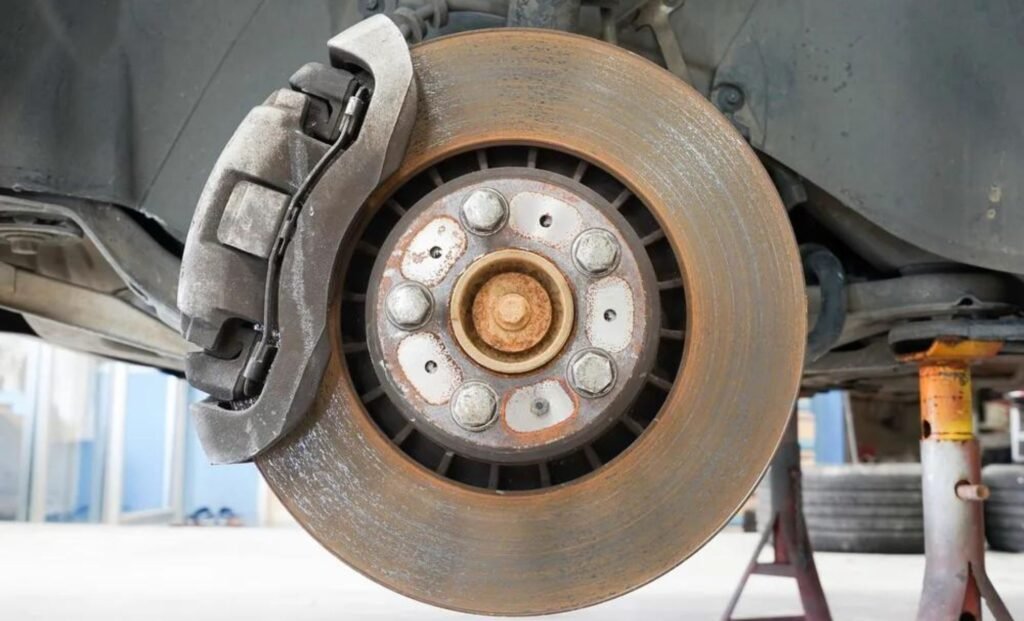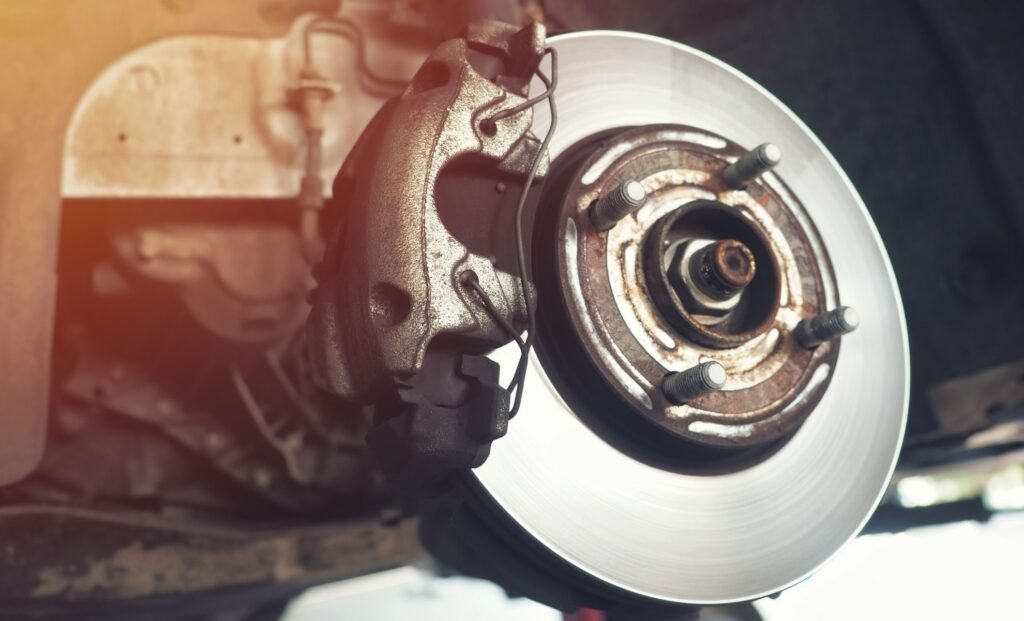Brake Problems Understanding Burning Odor: When controlling and securing a vehicle, the brakes are an integral element of the intricate network of components. An obvious and uncomfortable clue, the smell of burning, can occasionally interrupt this tranquillity. This peculiar odour might indicate brake problems that need immediate attention. This article delves into the realm of melted smells associated with brake difficulties, illuminating their origins, outcomes, and the crucial steps drivers must take to guarantee the safety of their vehicles.
Why is there a burning smell while using the brakes? Brake Problems Understanding Burning Odor
Callipers that have been jammed: The brake callipers secure the brake pads and force the blades to work under tension. The calliper gets stuck in the involved spot, and the brake pad and blades are always in motion, leading to excessive heat buildup and the accompanying odour.

Brake fluid is crucial for distributing hydraulic tension when using the brakes; thus, any leaks in this fluid can be disastrous. When brake fluid seeps out of a leaking reservoir, it can catch fire when it evaporates and touches hot surfaces.
Brake components that get too hot: This is a common cause of burning aromas associated with brakes. This could happen when you brake hard for a long time, such as going down a steep slope or practising stop-and-go traffic online. When anything becomes too hot, it gives out a distinct burning odour.
Recycled brake rotors: Brake pads’ rubbing material decreases with age, which means the steel support might touch the blades. A lot of heat and a burning smell are produced by this metal-on-metal contact. Issue ramifications

Reduced Effective Braking Power: If you ignore a burning smell, it might be an indication of worn brakes or overheating. Because of this, the stopping mechanism is less effective, which means greater stopping distances and potentially dangerous situations.
Danger of Brake Ineffectiveness: Brake fade is caused by brakes that are too hot, making the brakes less sensitive. If you continue to use the brakes while the fault is still there, they may fail.
Premature Wear and Tear: More catastrophic damage, such as blade damage, might result from ignoring the burning smell that old brake pads produce. Timely analysis can help prevent unnecessary and expensive repairs.
Helpful hints for safe driving: Brake Problems Understanding Burning Odor
Find an area safe to stop: Find a safe place to pull over if you detect a burning odour while driving. Allow the brakes to cool before proceeding.
Brake part inspection: Inspect the brake parts for signs of overheating, such as thick smoke or noticeable damage. If any components seem extremely hot, wait until they cool down before getting behind the wheel.
Assessment by an expert: Get a professional mechanic to check the brakes immediately. They identify the problems and implement rehabilitation measures to address them.

Changing out worn brake pads: If the charred smell comes from old brake pads, you should change them immediately. Wearing brake pads while driving increases the risk of metal-on-metal contact and subsequent damage.
One last thing
You shouldn’t ignore the warning signs, such as a burning smell, if they indicate overheated parts, worn brake pads, blocked callipers, or brake fluid leaks. By promptly addressing the issue, getting a professional inspection, and taking preventive measures, drivers can ensure that their vehicle’s stopping system is dependable and effective in providing the safety, security, and control they rely on.
We provide choices for all of your used engine and transmission needs. Thanks to our dedication to our customers’ happiness, Made Use of Engines has earned a reputation as an industry leader. Visit the main site and call us immediately if you’re interested.



